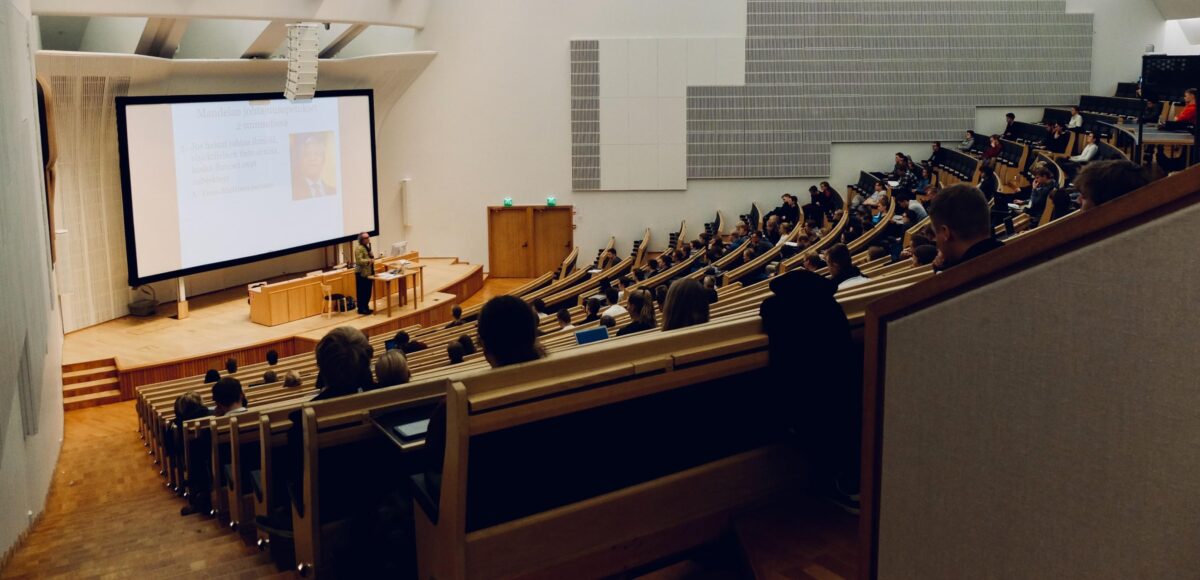The 2020-21 academic school year marked a significant change from the normal for students of all ages from elementary through high school and college. This school year will see more changes, along with tweaks to the initial adjustments made due to the pandemic.
These changes are unlikely to be reversed. Experts believe that there will be five permanent changes in higher education after COVID is gone.
1. The option to test will not be taken
Although many universities and colleges intended that this policy would be temporary during the pandemics, it is now expected to become permanent. Why? For one, Brandon Busteed, Chief Partnership Officer and Global Head of Learn-Work Innovation at Kaplan, noted in Forbes, it goes to the issue of diversity, equity and inclusion–eliminating standardized testing increases the probability that the student population will be more diverse.
2. Online and hybrid learning will continue
The ever-increasing cost of tuition is one of the biggest challenges facing higher education. Many classes have been moved online by universities, says Alexandra Witze author and Nature magazine correspondent. This means that there is a real chance of less international students having to pay for in-person attendance in the future. Online classes are not the best for students, and “Zoom university” is not proper online learning . However, Sanjay Sarma (MIT’s vice president for open learning) said that online learning is a two-way process. The fact that this has happened at all and continues to be a part of college life shows that it isn’t going away.
3. Technology mastery in education
After the initial shock at being introduced to online learning by students, and online instruction from teachers, it became clear that technology was an integral part of higher education. It has changed over the past year and half and will continue to evolve. Mastery of learning management software (Blackboard, Brightspace and Google Education) and distance learning software’s (Zoom, Adobe Connect and Teams) became mandatory. To improve efficiency and performance, professional development will continue to include the mastery of new technology for both students and faculty.
4. It will be necessary to demonstrate value
With so many of the experiences being offered online, colleges and universities will need to reflect more on the value they provide in exchange for rising tuition costs. Families will also have to consider whether it is worth the extra cost. In USA Today, President of Denison University, Granville, Ohio, Weinberg predicts that parents and students will be asking more questions about the university’s success in launching their graduates into successful careers.
5. The gold standard for elite colleges and universities is no longer the university or college of choice
Many universities that were once considered to be the best in higher education will lose their status as the most sought-after. This is due to poor records in admitting students from the under-privileged and poor minority groups, and a failure to grow enrolments in unconventional ways. Busteed predicts that public schools and private schools will be more appealing to students and employers. The Washington Monthly 2021 college rankings revealed that 17 of the top thirty schools were public. In 2021, Harvard and Yale were among the most prestigious institutions whose enrolments dropped dramatically from the previous two years.






